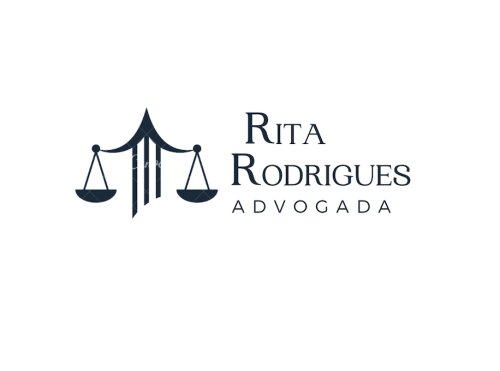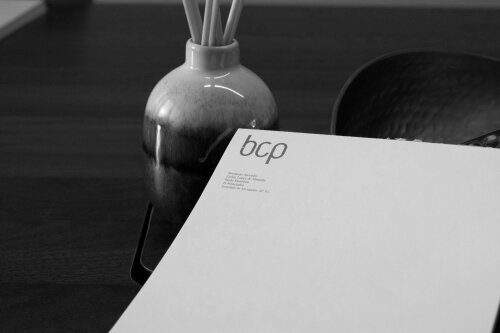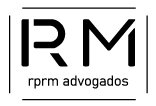Best Real Estate Due Diligence Lawyers in Porto
Share your needs with us, get contacted by law firms.
Free. Takes 2 min.
Free Guide to Hiring a Real Estate Lawyer
List of the best lawyers in Porto, Portugal
About Real Estate Due Diligence Law in Porto, Portugal
Real estate due diligence in Porto, Portugal is a structured process of investigating and assessing a property before completing a transaction, such as purchasing, selling, or leasing. This process is essential for both individuals and businesses to ensure that all legal, financial, and physical aspects of a property are understood and verified. Due diligence protects buyers from unexpected risks and helps ensure compliance with local laws. Porto, as a key Portuguese city with a vibrant real estate market, has specific legal requirements that must be met during this process.
Why You May Need a Lawyer
Engaging a lawyer specializing in real estate due diligence is critical in several situations:
- If you are purchasing residential or commercial property and want to ensure clear title and lawful ownership
- When dealing with inherited property or properties with unclear legal status
- If you are an investor or a foreign national unfamiliar with Portuguese property laws
- If the property is in a co-ownership arrangement or involves multiple parties
- For commercial transactions where zoning, licensing, and usage rights need verification
- To assist with interpreting contracts, negotiating terms, and handling disputes
- When facing potential encumbrances, liens, debts, or unresolved legal issues attached to the property
A lawyer ensures your interests are protected, advises on best practices, and helps navigate Portugal’s legal system.
Local Laws Overview
Portuguese real estate law is regulated by several statutes, including the Civil Code, Urban Leasing Law, and Urban Planning Law. In Porto, due diligence focuses on:
- Title Verification: Ensuring the seller has the right to sell and there are no hidden claims against the property.
- Land Registry and Cadastral Registration: Properties must be registered at the Land Registry Office (Conservatória do Registo Predial) and comply with municipal cadastres.
- Building Permits and Urban Planning: Verifying that the property complies with local urbanistic and construction regulations, including proper licensing and approved projects from the City Council (Câmara Municipal).
- Encumbrances and Liens: Detecting mortgages, charges, easements, and outstanding taxes or community fees.
- Energy Certificates and Habitation Licenses: Mandatory energy certification and habitation / use licenses for residential and commercial properties.
Additionally, special rules may apply to properties classified as heritage or located in protected areas, especially in Porto’s historic urban zones.
Frequently Asked Questions
What is real estate due diligence?
Real estate due diligence is the comprehensive investigation of a property’s legal, technical, and financial aspects before completing a transaction to ensure a sound and lawful investment.
Is real estate due diligence mandatory in Porto, Portugal?
There is no single law mandating due diligence, but it is strongly recommended and often required by banks and investors to minimize risks and ensure compliance with legal requirements.
What documents are typically required for due diligence?
Common documents include land registry extract (certidão do registo predial), property tax statement (caderneta predial), licenses, architectural plans, energy certificate, and proof of ownership.
Can foreigners buy property in Porto, and is the due diligence process different for them?
Yes, foreigners can buy property in Portugal. While the process is similar, foreign buyers may require additional legal support for cross-border transactions, securing a Portuguese tax number (NIF), and understanding local laws.
What are the main risks if you skip due diligence?
Risks include undisclosed debts, ownership disputes, illegal constructions, zoning violations, and future legal or financial liabilities, which could lead to costly litigation or loss of investment.
How long does real estate due diligence typically take?
Depending on the complexity of the transaction, due diligence can take from one week to several weeks, especially if additional technical or legal reviews are required.
Who pays for the due diligence process?
Usually, the buyer covers due diligence costs as part of their pre-purchase investigations, though this can be negotiated between parties.
What is an encumbrance and how is it checked?
An encumbrance is a legal claim or liability attached to a property, such as a mortgage or lien. It is checked through the land registry records and should be resolved before purchase.
Is a promissory contract necessary before property transfer?
While not obligatory, a promissory contract (Contrato de Promessa de Compra e Venda) is common practice and offers legal assurance before the deed is signed, especially when conditions need to be met.
Should I involve a notary or just a lawyer?
A notary is essential for executing and certifying the final public deed but does not substitute comprehensive legal advice. A lawyer provides broader due diligence and negotiation support.
Additional Resources
To support your due diligence process in Porto, consider consulting:
- Câmara Municipal do Porto (Porto City Council): Information on urban planning, zoning, and local permits.
- Conservatória do Registo Predial (Land Registry Office): For title and property registration certificates.
- Serviço de Finanças (Tax Office): For property tax records and liabilities.
- Instituto dos Registos e do Notariado (IRN): Responsible for public records and notarial matters.
- Ordem dos Advogados (Lawyers’ Bar Association): To locate certified real estate lawyers in Porto.
- Associação dos Profissionais e Empresas de Mediação Imobiliária de Portugal (APEMIP): For professional real estate agents.
Next Steps
If you need legal assistance for real estate due diligence in Porto, Portugal, follow these steps:
- Gather all available information about the property, including official documents, plans, and contracts.
- Research and select a qualified real estate lawyer with experience in Porto’s legal and property market.
- Schedule an initial consultation to discuss your goals, clarify the process, and understand associated costs.
- Allow your lawyer to conduct a thorough review and represent your interests when negotiating or drafting contracts.
- Maintain clear communication throughout the process and never sign documents or make payments before completing due diligence and receiving legal advice.
- Work closely with your lawyer and notary when formalizing the purchase or transfer, ensuring all steps comply with Portuguese law.
A careful approach with professional legal guidance is the best way to ensure a safe and successful real estate transaction in Porto.
Lawzana helps you find the best lawyers and law firms in Porto through a curated and pre-screened list of qualified legal professionals. Our platform offers rankings and detailed profiles of attorneys and law firms, allowing you to compare based on practice areas, including Real Estate Due Diligence, experience, and client feedback.
Each profile includes a description of the firm's areas of practice, client reviews, team members and partners, year of establishment, spoken languages, office locations, contact information, social media presence, and any published articles or resources. Most firms on our platform speak English and are experienced in both local and international legal matters.
Get a quote from top-rated law firms in Porto, Portugal — quickly, securely, and without unnecessary hassle.
Disclaimer:
The information provided on this page is for general informational purposes only and does not constitute legal advice. While we strive to ensure the accuracy and relevance of the content, legal information may change over time, and interpretations of the law can vary. You should always consult with a qualified legal professional for advice specific to your situation.
We disclaim all liability for actions taken or not taken based on the content of this page. If you believe any information is incorrect or outdated, please contact us, and we will review and update it where appropriate.















